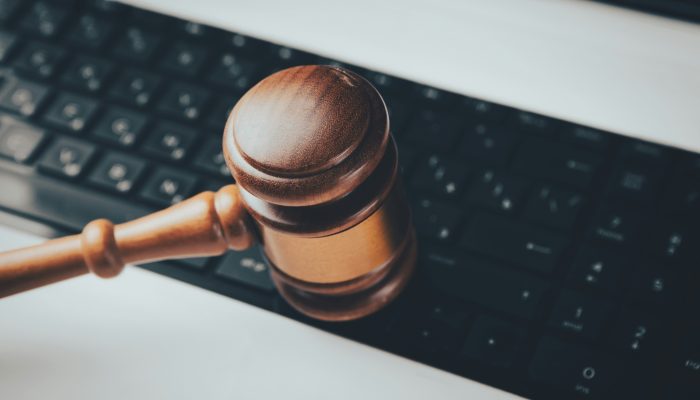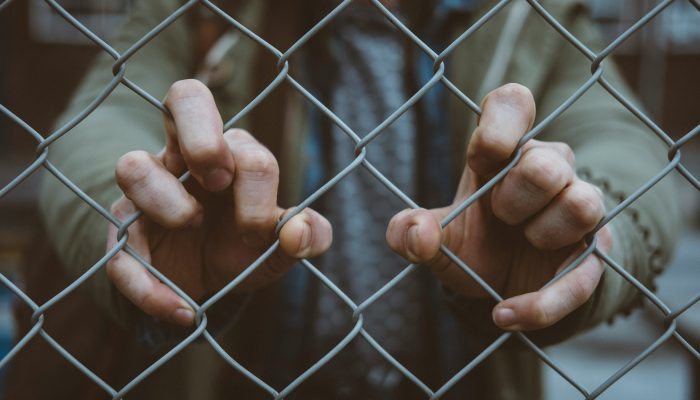A Missouri woman has admitted that she committed a crime when she lied about the status of a chimp named Tonka.
Tonia Haddix pleaded guilty in federal court Monday to two counts of perjury and a count of obstruction of justice. All are felonies. Sentencing is currently set for July 16.
“Individuals go to court to seek justice,” Assistant U.S. Attorney Hal Goldsmith said to reporters outside the courthouse in downtown St. Louis after Haddix’s plea hearing. “There can only be justice from the court if those individuals are honest.”
Continue reading “‘Chimp Crazy’ star Tonia Haddix admits to federal crimes for lying about Tonka”










